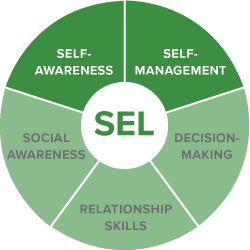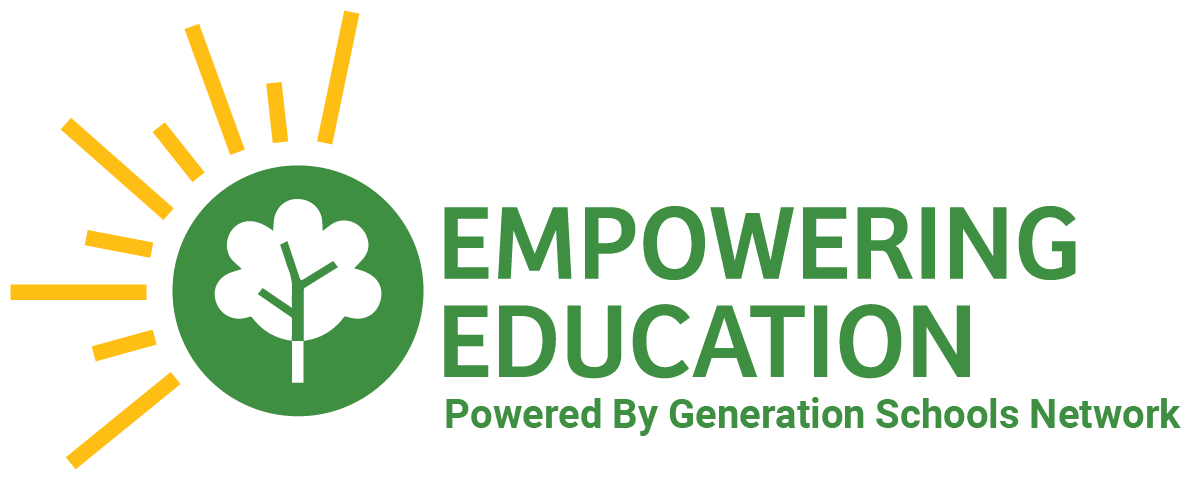Locked Content
Unlock this lesson plan by becoming a paid member. Existing members, please log in.
Students will understand the importance of positive self-talk and thought
distortions that impact their thinking.
By the end of the lessons, students will be able to:
- Explain what self-talk is and understand their inner critics
- Understand various thought distortions
- Come up with effective ways to move past negative thinking patterns
Research suggests that it takes five positive interactions to make up for a single negative interaction in a relationship; the same is true of self- talk. This means we need a conscious, active process of positive self-talk in order to make up for our brains’ negative wiring.
We start with a mindfulness activity in which students notice their breath through counting and holding their breath. You then lead a conversation on how we talk to ourselves, focusing on negative thoughts and experiences versus the positives leading to thought distortions. Students learn four types of thought distortions reflecting on their own experiences of each. As a class, come up with solutions to the negative thoughts. You then read a list of statements and students decide which thought distortion the statement is. In groups, students then create short skits where they act out one of the thought distortions as well as showing a solution. Students end by reflecting on five positive affirmations to remember.
For either online or recorded delivery, using the slide deck will be very useful. The various thought distortions are explained one-by-one with age-appropriate examples.
For the thought distortions scenarios, have students write down each of the thought distortions on seperate pieces of paper or notecards. Have students turn on their video cameras. After you read a scenario they hold up the card for the thought distortion they feel fits the situation.
For the thought distortion scenario, provide appropriate wait time for students to consider each scenario before providing the correct answer through the slide.
CASEL Competencies
Self-awareness: The abilities to understand one’s own emotions, thoughts, and values and how they influence behavior across contexts. This includes capacities to recognize one’s strengths and limitations with a well-grounded sense of confidence and purpose.
Self-management: The abilities to manage one’s emotions, thoughts, and behaviors effectively in different situations and to achieve goals and aspirations. This includes the capacities to delay gratification, manage stress, and feel motivation & agency to accomplish personal/collective goals.


